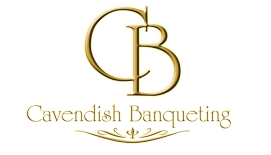Table of Contents
Exceptional catering forms the cornerstone of memorable celebrations, transforming ordinary gatherings into extraordinary experiences that linger in guests’ memories long after the final course. For discerning hosts across London seeking to honour cultural traditions while embracing contemporary culinary excellence, the selection of appropriate catering services requires careful consideration of both technical expertise and cultural sensitivity. From intimate family gatherings to grand wedding celebrations accommodating hundreds of guests, professional catering transforms raw ingredients into meaningful expressions of hospitality that reflect personal heritage and individual taste.
The landscape of professional catering in London has evolved considerably over recent decades, with specialist providers developing deep expertise in serving the city’s diverse communities. Today’s most accomplished caterers understand that exceptional service extends far beyond merely preparing delicious food; they curate complete dining experiences that respect cultural nuances while delivering the polished presentation and flawless execution that contemporary celebrations demand.
When evaluating potential catering partners, successful event hosts consider not only culinary credentials but also the provider’s understanding of cultural significance within specific communities. The finest wedding catering professionals recognise that food serves as a bridge between generations, connecting ancestral traditions with present-day celebrations in ways that honour heritage while embracing individual expression.
Understanding Professional Wedding Catering Standards
Excellence in wedding catering begins with recognising that cultural celebrations carry significance that extends well beyond typical Western wedding formats. Professional caterers serving London’s South Asian, Nigerian, and broader diaspora communities must possess both technical culinary skills and cultural literacy that enables them to create authentic flavour profiles while meeting contemporary presentation standards.
Expertise in Cultural Cuisine Preparation
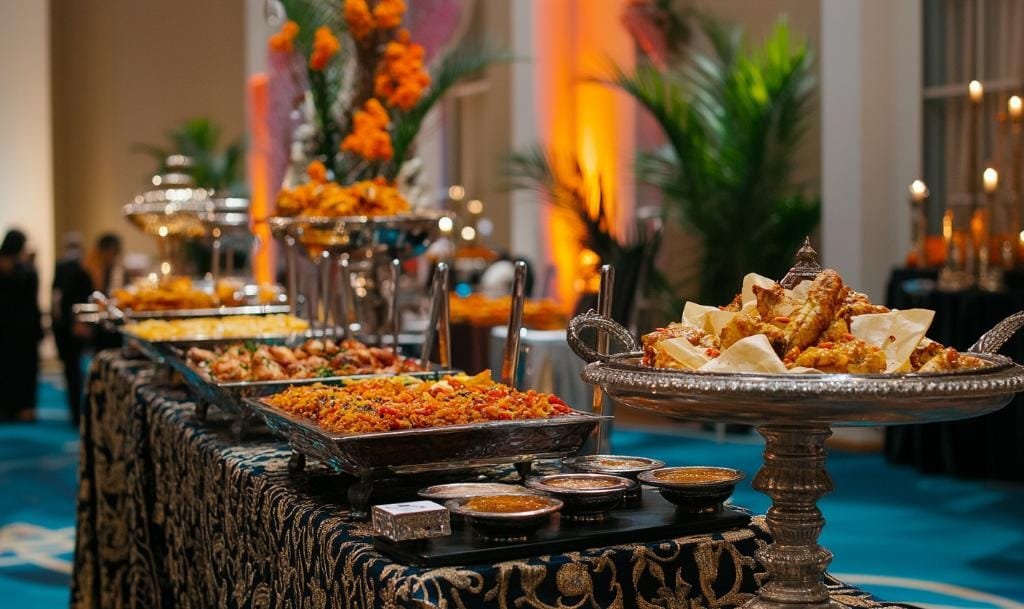
Authentic cultural cuisine requires more than simply following recipes; it demands an understanding of traditional cooking methods, spice combinations, and presentation styles that have been refined over generations. Professional wedding catering services distinguish themselves through their commitment to sourcing authentic ingredients and employing chefs who possess genuine expertise in specific cultural traditions.
South Asian cuisine, for instance, requires an understanding of regional variations within broader national traditions. A Punjab-style feast differs significantly from Bengali preparations, while Tamil cuisine brings entirely different flavour profiles and cooking techniques. Accomplished caterers maintain relationships with specialist suppliers who can provide authentic ingredients like specific varieties of basmati rice, regional spice blends, and traditional cooking oils that contribute to genuine flavour development.
Nigerian cuisine presents similar complexity, with distinct regional traditions requiring different approaches to protein preparation, sauce development, and accompaniment selection. Yoruba, Igbo, and Hausa culinary traditions each bring unique elements that knowledgeable caterers can authenticate through proper ingredient sourcing and preparation techniques.
The most accomplished wedding catering professionals invest considerable time and resources in maintaining these cultural competencies, often working directly with community elders and traditional cooks to ensure authentic reproduction of ancestral recipes within contemporary catering environments.
Scale Management and Service Excellence
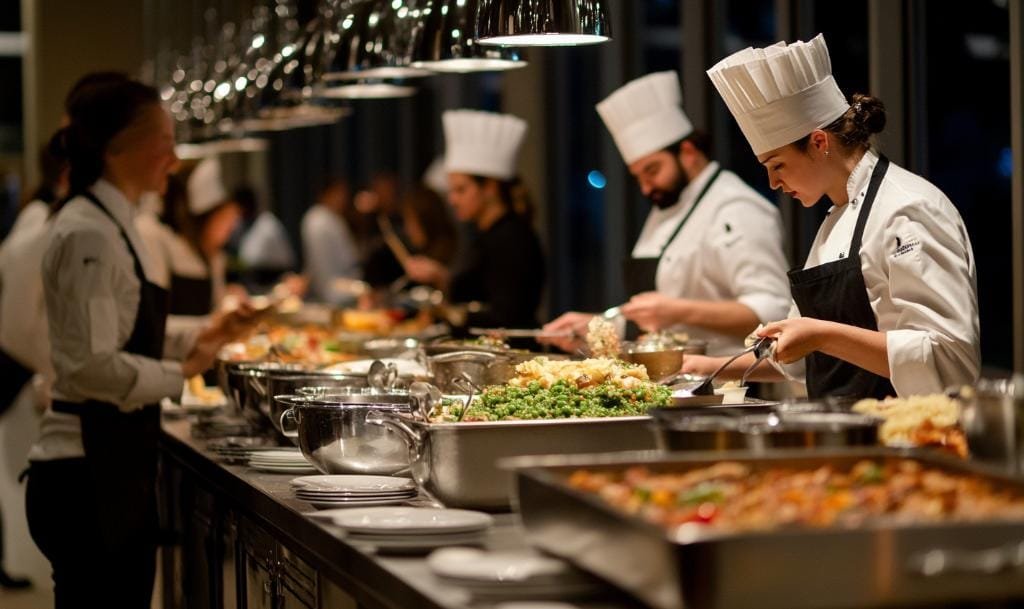
Cultural wedding catering frequently involves serving significantly larger guest counts than typical Western celebrations, with events regularly accommodating 300-500 guests or more. This scale presents logistical challenges that require sophisticated planning, preparation, and service coordination to maintain food quality and presentation standards throughout extended celebrations.
Professional caterers must demonstrate the capability to manage multiple service styles within a single event, from ceremonial food presentations during religious portions of celebrations to formal plated service during reception dinners, followed by casual late-night refreshments for extended dancing and socialising. Each service style requires different preparation approaches, serving equipment, and staffing allocations to maintain consistent quality standards.
Temperature management becomes particularly crucial when serving large quantities of culturally specific dishes that may require particular serving temperatures for optimal flavour and texture. Traditional curries, rice preparations, and bread items each have specific requirements that professional caterers must accommodate through the selection of appropriate equipment and the coordination of service timing.
The finest wedding catering services employ sophisticated logistics systems that track preparation timing, service coordination, and quality control measures throughout complex celebration schedules. This systematic approach ensures that the final courses served maintain the same quality standards as opening presentations, regardless of guest count or celebration duration.
Dietary Accommodation and Religious Observance
Professional wedding catering services must navigate complex dietary requirements that reflect both religious observances and contemporary lifestyle choices within diverse guest populations. Halal preparation requirements for Muslim celebrations demand not only appropriate protein sourcing but also complete separation of preparation equipment and cooking surfaces to maintain religious compliance.
Vegetarian requirements within Hindu celebrations often extend beyond simply avoiding meat to encompass specific restrictions on particular vegetables, preparation methods, and even serving utensils. Accomplished caterers understand these nuances and implement systems that ensure compliance without compromising flavour or presentation quality.
Contemporary dietary preferences, including vegan, gluten-free, and allergen-conscious requirements, must be seamlessly integrated alongside traditional dietary observances. Professional caterers develop menu planning systems that accommodate these varied needs without creating obvious distinctions that might make guests feel excluded or uncomfortable.
The most successful wedding catering professionals view these requirements not as limitations but as opportunities to demonstrate culinary creativity and cultural sensitivity. They develop extensive alternative options that maintain authentic flavour profiles while accommodating diverse dietary needs, ensuring all guests can fully participate in the celebratory dining experience.
Comprehensive Wedding Menu Development
Creating exceptional wedding menu options requires balancing cultural authenticity with contemporary presentation standards while accommodating diverse guest preferences and dietary requirements. The most accomplished caterers approach menu development as collaborative processes that honour family traditions while incorporating personal touches that reflect the couple’s journey.
Traditional Cultural Menu Foundations
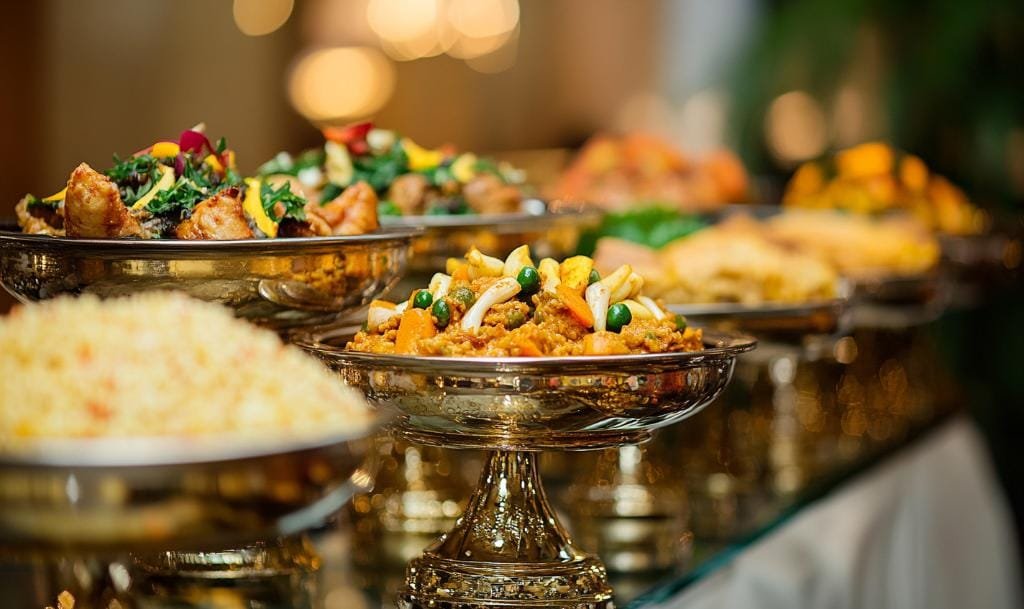
Authentic cultural wedding menu development begins with understanding the traditional meal structures and flavour profiles that form the foundation of ancestral celebrations. South Asian wedding menus typically follow specific patterns that include particular combinations of rice preparations, curry varieties, bread selections, and accompaniment options that work together to create balanced flavour experiences.
Traditional Indian wedding menus might feature multiple curry preparations representing different spice profiles and cooking techniques, perhaps a rich, cream-based korma alongside a lighter dal preparation and a vegetable curry that showcases seasonal ingredients. These selections work together to provide guests with varied flavour experiences while maintaining cultural authenticity.
Pakistani wedding menus often emphasise rice preparations like biryani or pulao as centrepiece dishes, accompanied by complementary protein preparations and traditional bread varieties. The finest caterers understand the regional variations within these broader categories, offering Hyderabadi-style biryani that differs significantly from Karachi or Lahore preparations in both spice profiles and cooking techniques.
Nigerian wedding menu traditions vary significantly across ethnic lines, with Yoruba celebrations favouring rice-based dishes like jollof rice and fried rice, while Igbo traditions might emphasise protein preparations like pepper soup or traditional stews. Professional caterers develop expertise across these various traditions, enabling them to create menu options that authentically represent specific cultural backgrounds.
Contemporary Fusion Menu Development
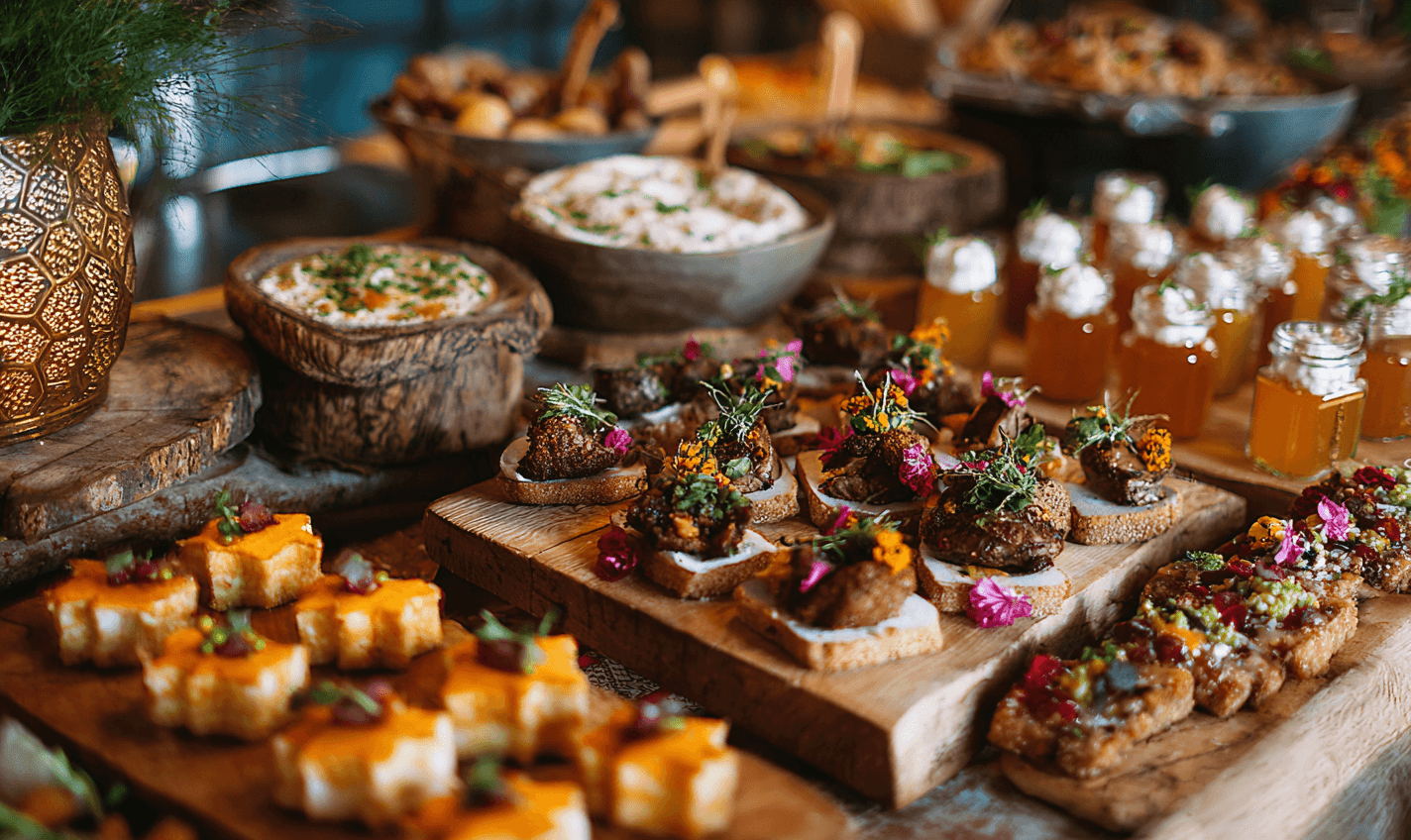
Modern couples increasingly seek wedding menu options that honour cultural heritage while incorporating contemporary culinary influences that reflect their personal tastes and British cultural experiences. Professional caterers respond to this demand by developing sophisticated fusion approaches that maintain authentic flavour foundations while embracing innovative presentation styles and ingredient combinations.
Fusion menu development might incorporate traditional spice profiles within contemporary cooking techniques, creating dishes that taste familiar to older family members while appearing fresh and innovative to younger guests. A traditional Pakistani karahi preparation might be presented with contemporary plating techniques, or classic Indian dal preparations might be served alongside artisanal bread varieties that blend traditional flatbread techniques with British baking traditions.
Contemporary wedding menu ideas increasingly feature interactive elements that encourage guest engagement while showcasing cultural traditions. Live cooking stations where chefs prepare fresh naan bread or traditional crepes allow guests to observe traditional cooking techniques while enjoying freshly prepared items. These interactive elements create talking points that bridge cultural differences amongst diverse guest populations.
The most successful fusion wedding menus maintain clear connections to cultural traditions while incorporating elements that reflect the couple’s contemporary lifestyle and broader cultural experiences. This might involve featuring traditional dishes alongside British favourites, creating comprehensive dining experiences that acknowledge the couple’s multicultural identity.
Seasonal Menu Adaptation and Local Sourcing
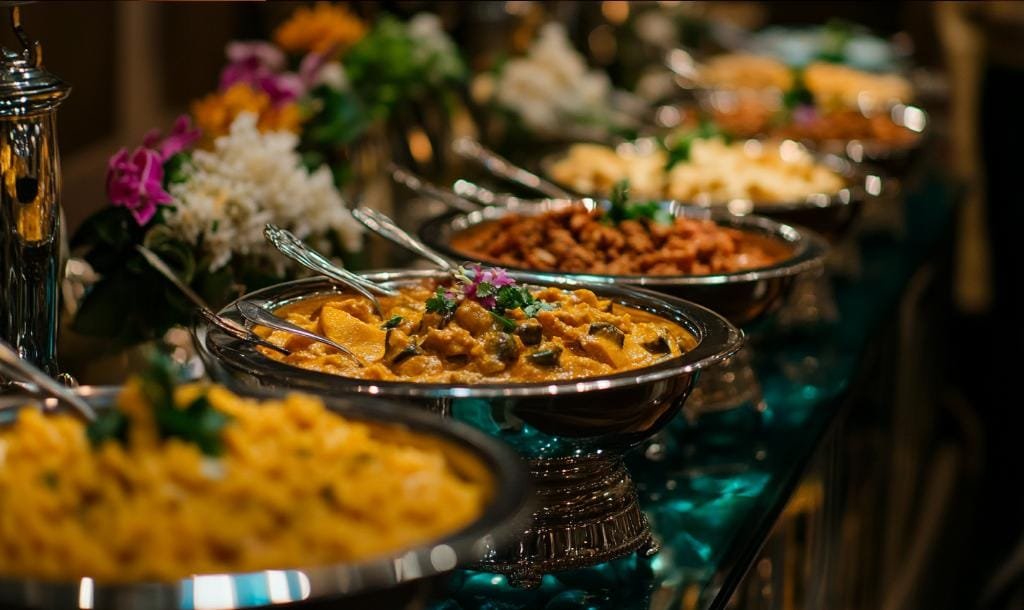
Professional wedding catering services increasingly emphasise seasonal menu adaptation that incorporates locally sourced ingredients while maintaining cultural authenticity. This approach not only supports sustainable practices but often results in superior flavour development as peak-season ingredients provide optimal taste and texture characteristics.
Seasonal adaptation requires a deep understanding of both traditional cultural ingredients and suitable local alternatives that can provide similar flavour profiles when traditional options are unavailable or out of season. Accomplished caterers develop relationships with local suppliers who can provide high-quality vegetables, proteins, and speciality ingredients that support authentic cultural cooking, while reducing environmental impact through reduced transportation requirements.
Spring wedding menus might emphasise fresh vegetables and lighter preparations that celebrate seasonal abundance, while autumn celebrations can showcase heartier preparations that incorporate seasonal root vegetables and warming spice profiles. Professional caterers adapt traditional recipes to incorporate these seasonal elements without compromising authentic flavour development.
Local sourcing also enables caterers to support London’s diverse food communities by partnering with specialist suppliers who serve specific cultural populations. These relationships often provide access to particularly fresh ingredients and speciality items that might be difficult to source through conventional commercial channels, resulting in superior final product quality.
Creative Wedding Menu Cards and Presentation
Wedding menu cards serve purposes far beyond simply informing guests about food selections; they provide opportunities to reinforce cultural themes while setting appropriate expectations for the dining experience. Professional caterers collaborate with couples to develop menu presentation materials that reflect celebration aesthetics while providing practical information about dish selections and dietary accommodations.
Cultural Design Integration and Aesthetic Harmony
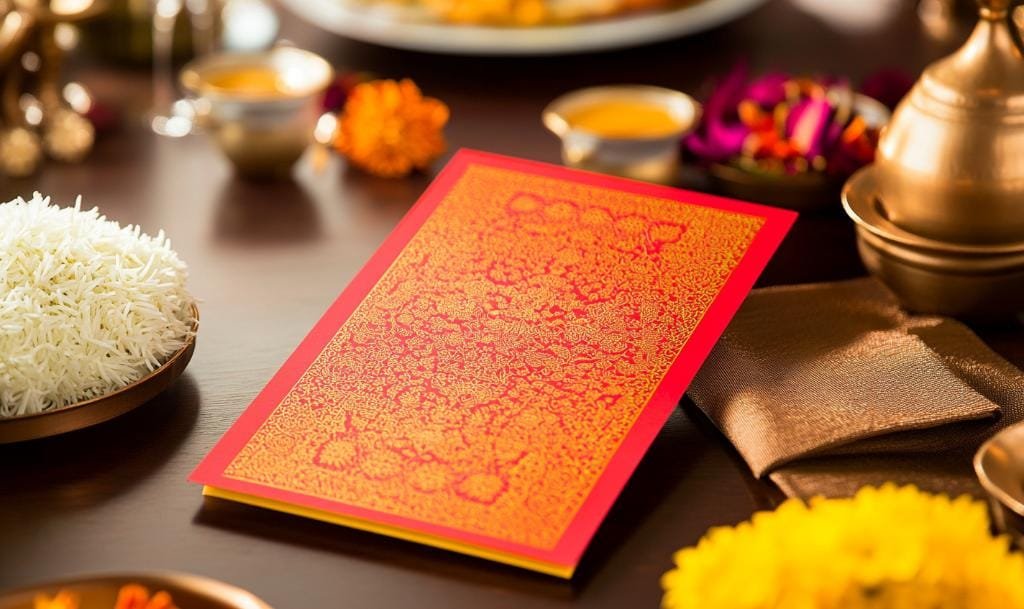
Exceptional wedding menu cards integrate cultural design elements that complement overall celebration aesthetics while maintaining readability and practical functionality. South Asian celebrations might incorporate traditional motif patterns, colour schemes that reflect ceremonial significance, or typography that references cultural artistic traditions while remaining accessible to guests from diverse backgrounds.
Nigerian wedding menu presentations often feature bold colour schemes that reflect traditional textile patterns, while incorporating symbolic elements that hold cultural significance. Professional caterers work with graphic designers who understand these cultural elements, creating menu presentations that feel authentically connected to celebration themes while maintaining contemporary design sensibilities.
Multilingual menu presentations require careful consideration of typography, layout, and information hierarchy to ensure clarity for guests who may be more comfortable reading in different languages. The finest wedding menu cards present information in multiple languages without appearing cluttered or overwhelming, using design techniques that create visual harmony between different text elements.
Contemporary couples often prefer wedding menu template approaches that allow personalisation while maintaining professional presentation standards. These templates incorporate cultural design elements while providing flexibility for customising specific dish descriptions, dietary information, and personal touches that reflect individual couple preferences.
Information Architecture and Guest Education
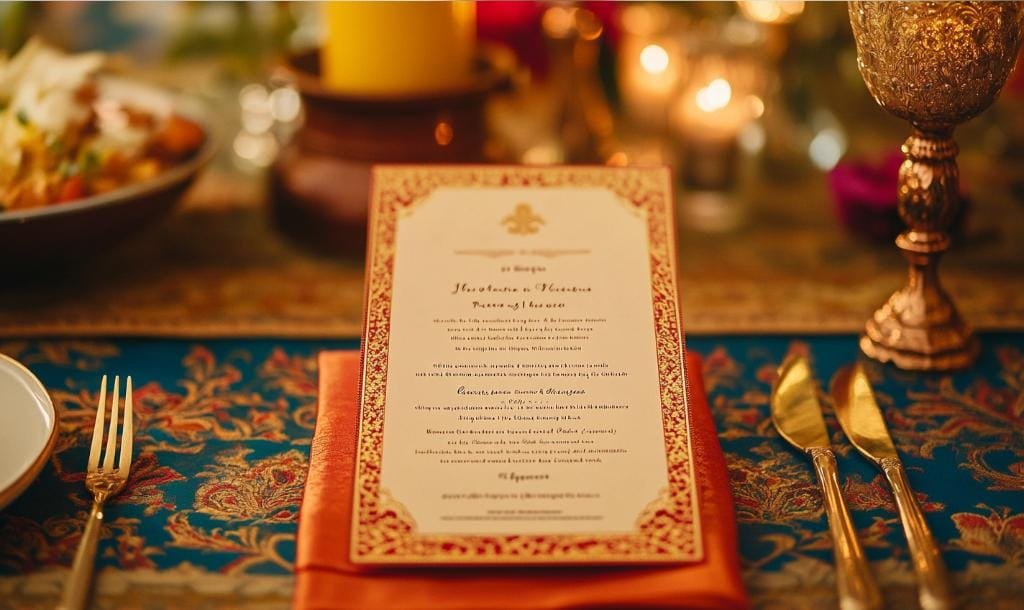
Well-designed wedding menu cards provide appropriate levels of information that help guests understand dish selections while educating them about cultural significance when relevant. This educational component becomes particularly important for celebrations that include guests from diverse cultural backgrounds who may be unfamiliar with specific dishes or ingredients.
Descriptive dish presentations might include brief explanations of cooking techniques, primary ingredients, or cultural significance without overwhelming guests with excessive detail. Professional caterers understand how to balance informative content with concise presentation that maintains menu readability while providing helpful context.
Dietary information should be presented clearly, enabling guests to make informed selections without drawing uncomfortable attention to their specific dietary requirements. Accomplished menu presentation uses subtle symbols or colour coding that allows guests to quickly identify suitable options while maintaining elegant presentation standards.
Interactive menu elements, such as QR codes that provide access to additional information about dish preparation or cultural significance, allow interested guests to explore deeper connections while keeping printed materials concise and elegant. These contemporary approaches enable comprehensive information sharing without overwhelming traditional menu presentation formats.
Sustainable and Memorable Menu Presentation
Professional wedding catering services increasingly offer sustainable menu presentation options that reduce environmental impact while maintaining elegant presentation standards. This might involve using recycled paper materials, locally sourced printing services, or digital menu presentations that eliminate paper waste.
Keepsake menu presentations enable couples to create meaningful mementoes that guests can cherish as reminders of their celebration. These might incorporate premium materials, custom artwork, or design elements that make menu cards worthy of preservation while serving their practical function during the celebration.
Contemporary wedding menu ideas often include personal touches that reflect the couple’s journey together, perhaps featuring dishes that hold special significance in their relationship or incorporating family recipes that connect celebration menus to ancestral traditions. Professional caterers facilitate these personalisation opportunities while maintaining overall menu coherence and practical functionality.
Exceptional Party Catering Services
Professional party catering extends beyond wedding celebrations to encompass diverse social gatherings that require sophisticated food preparation and service coordination. From intimate family celebrations to large corporate events, accomplished caterers adapt their expertise to create dining experiences that enhance social connection while reflecting host preferences and guest expectations.
Versatile Event Catering Solutions
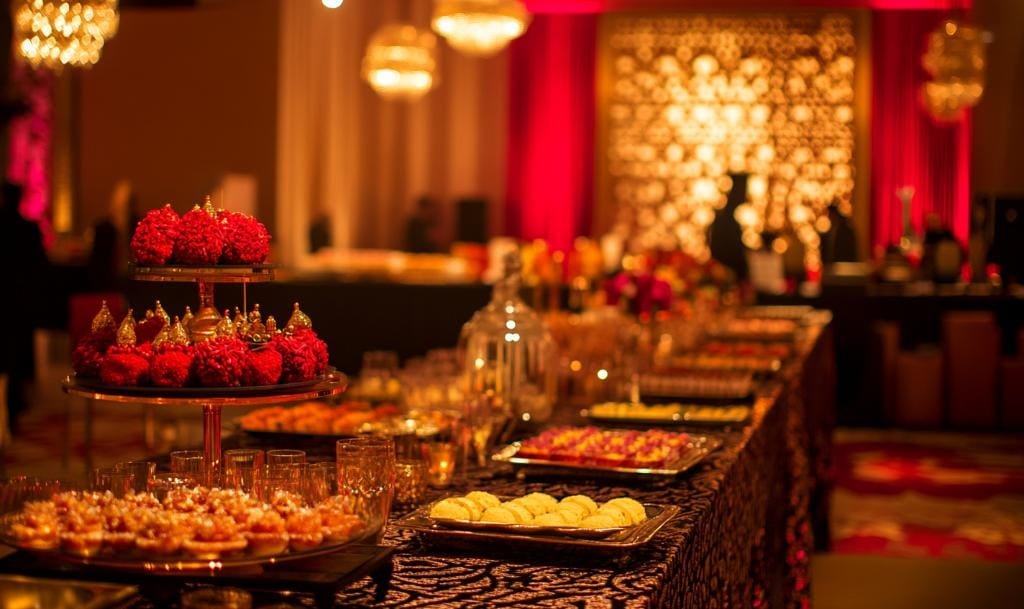
Exceptional party catering services demonstrate versatility in adapting their capabilities to diverse celebration formats and guest requirements. Birthday celebrations, engagement parties, religious observances, and cultural festivals each present unique requirements that professional caterers must accommodate while maintaining consistent quality standards.
Cultural birthday celebrations often incorporate traditional elements alongside contemporary party formats, requiring caterers who understand both authentic cultural preparations and modern presentation expectations. A traditional South Asian birthday celebration might feature cultural sweets alongside contemporary party foods, requiring coordination between different preparation styles and service approaches.
Nigerian naming ceremonies, South Asian religious celebrations, and other cultural observances require specialised knowledge of appropriate food selections, service protocols, and cultural sensitivities that extend beyond basic catering capabilities. Professional party catering services invest in cultural education that enables them to serve these communities with appropriate respect and understanding.
Corporate events serving diverse London populations require menu development that accommodates varied cultural backgrounds while maintaining professional presentation standards suitable for business environments. This might involve creating lunch presentations that feature cultural options alongside international selections, ensuring all attendees can find appropriate and appealing meal choices.
Customised Menu Development for Diverse Occasions
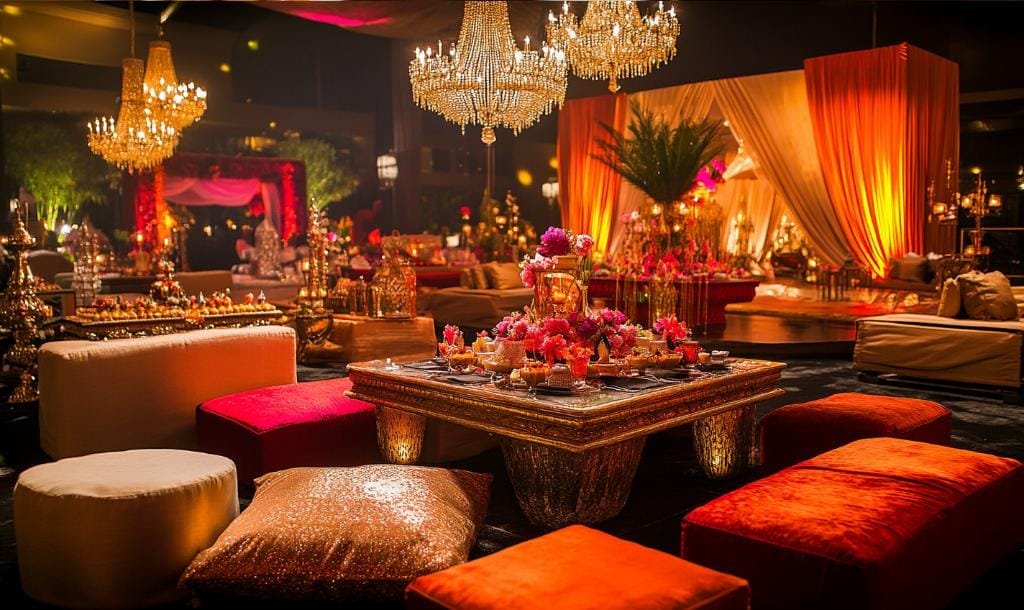
Professional party catering services excel in developing customised menu solutions that reflect specific celebration purposes while accommodating host preferences and guest expectations. This customisation extends beyond simple dish selection to encompass service styles, presentation formats, and timing coordination that support celebration objectives.
Cocktail party formats require different menu approaches than seated dinner parties, with finger foods and canapé presentations demanding different preparation techniques and service coordination than formal plated meals. Accomplished caterers maintain capabilities across these various service formats while adapting cultural preparations to suit different presentation requirements.
Seasonal celebration menus enable hosts to create timely dining experiences that reflect particular occasions while incorporating cultural elements that hold personal significance. Spring celebrations might emphasise fresh vegetables and lighter preparations, while winter gatherings can feature heartier dishes that provide comfort and warmth during cooler weather.
Interactive food presentations, increasingly popular at contemporary parties, require specialised equipment and staffing coordination to ensure smooth execution while maintaining food safety standards. Live cooking demonstrations, made-to-order stations, and customisable food presentations create engaging experiences that encourage guest interaction while showcasing culinary expertise.
Kids Party Catering Excellence
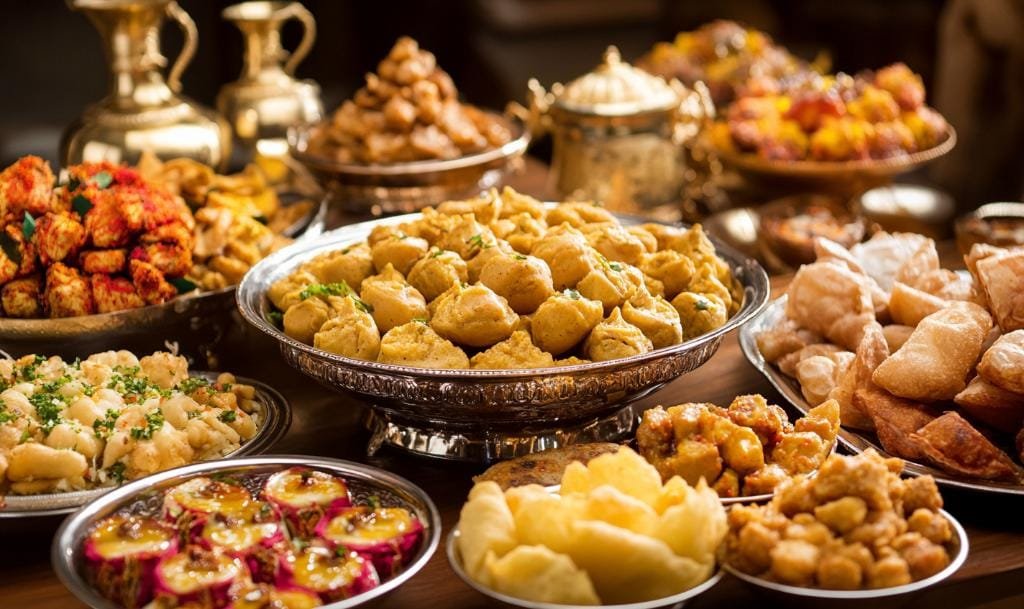
Kids party catering presents unique challenges that require understanding child-friendly food preferences while maintaining nutritional value and accommodating various dietary restrictions that contemporary parents prioritise. Professional caterers develop specialised approaches to children’s events that create appealing dining experiences while addressing practical considerations like food safety and mess management.
Cultural kids party catering might incorporate traditional snacks and treats that introduce children to heritage foods while including familiar options that ensure broad appeal. This might involve creating child-friendly versions of traditional dishes or presenting cultural sweets alongside contemporary party treats that provide varied options for different comfort levels.
Interactive food experiences particularly appeal to children, with caterers offering hands-on activities such as decorating traditional sweets, assembling personalised snack plates, or participating in simple food preparation activities that engage young guests while providing educational opportunities about cultural traditions.
Allergen management becomes particularly crucial for children’s events, with professional caterers implementing strict protocols that prevent cross-contamination while clearly labelling all food items to enable parents to make appropriate selections for their children. These safety measures must be seamlessly integrated into the party presentation without creating anxiety or limiting celebration enjoyment.
Strategic Party Food Selection and Menu Planning
Successful party food catering requires strategic menu development that considers guest demographics, celebration duration, service logistics, and cultural preferences, while maintaining budget parameters and practical preparation requirements. Professional caterers approach menu planning as a comprehensive processes that address all these variables while creating cohesive dining experiences.
Balanced Menu Architecture for Cultural Celebrations
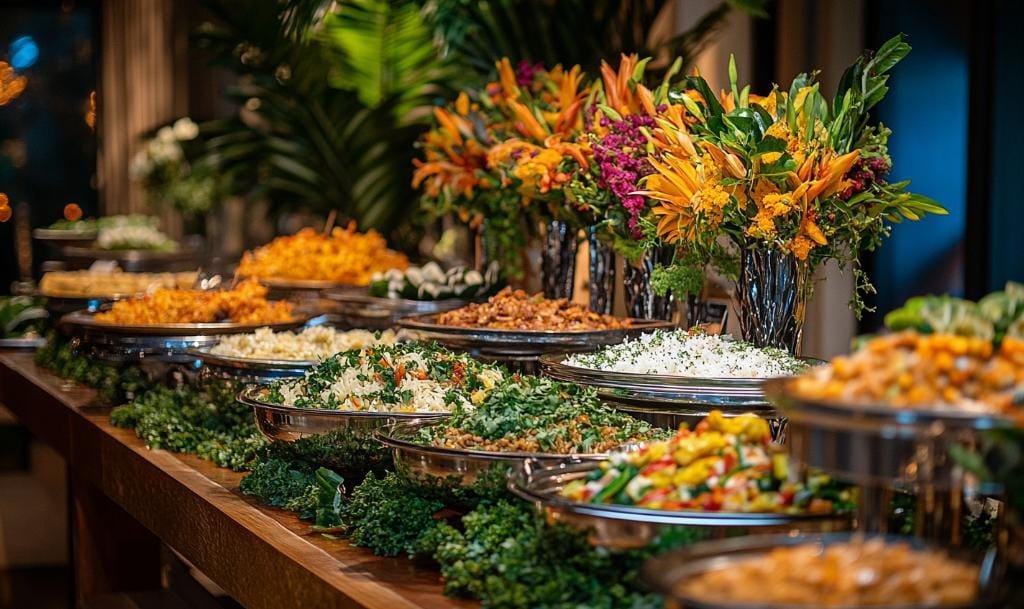
Exceptional party food menus achieve balance across multiple dimensions, flavour profiles, dietary accommodations, service practicality, and cultural representation, while maintaining cohesive presentation that supports celebration objectives. This balance requires a sophisticated understanding of how different dishes work together to create satisfying dining experiences.
Traditional cultural menu structures provide frameworks that professional caterers can adapt to contemporary party formats while maintaining authentic flavour relationships. South Asian party menus might feature protein preparations that complement rice dishes and vegetable selections, creating balanced combinations that provide varied tastes while maintaining cultural authenticity.
Nigerian party food selections often emphasise rice-based preparations alongside protein options and traditional sides that work together to create filling, flavourful meals suitable for extended celebrations. Professional caterers understand these traditional combinations while adapting portion sizes and presentation formats to suit specific party requirements.
Contemporary fusion approaches enable hosts to honour cultural traditions while incorporating international elements that reflect diverse guest preferences or personal tastes developed through multicultural experiences. These fusion menus require careful development to ensure flavour compatibility while maintaining authentic cultural connections.
Practical Service Considerations and Guest Flow
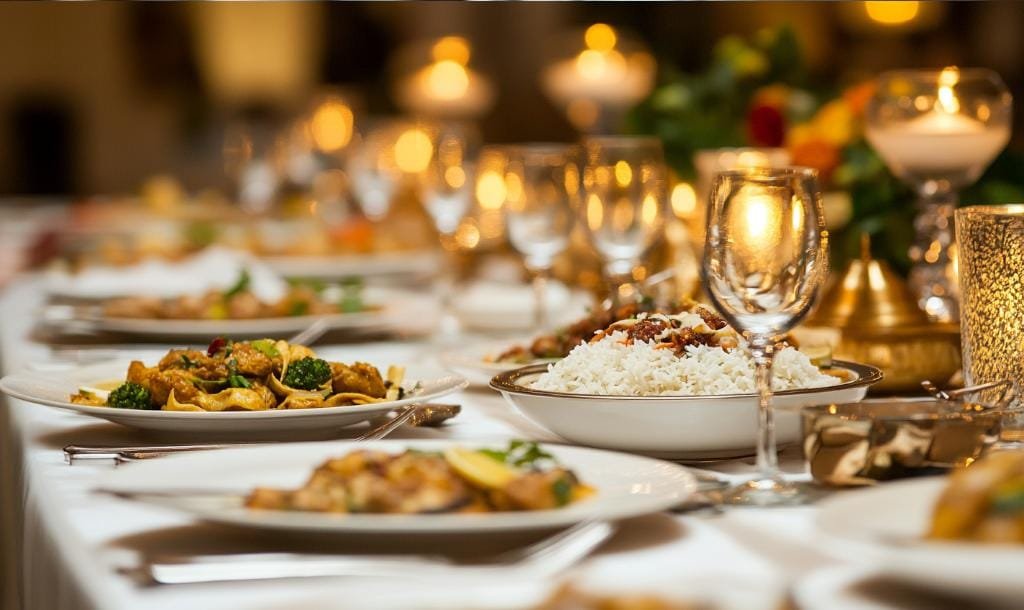
Party food catering success depends heavily on service logistics that accommodate guest movement, celebration timing, and venue constraints while maintaining food quality and presentation standards throughout extended events. Professional caterers develop comprehensive service plans that address these practical requirements while supporting a celebratory atmosphere.
Buffet service presentations require strategic food placement that encourages smooth guest flow while maintaining appropriate serving temperatures for different dish types. Hot items require warming equipment positioned to prevent bottlenecks, while cold selections need strategic placement that maintains food safety standards while remaining easily accessible.
Stationed service approaches can distribute guests across multiple food locations, reducing congestion while creating opportunities for social interaction around different food themes. Cultural celebrations might feature stations representing different regional traditions, enabling guests to explore varied flavour profiles while facilitating conversation about cultural connections.
Timing coordination becomes particularly important for extended celebrations that might span several hours, requiring food replenishment schedules that maintain consistent quality while accommodating fluctuating guest numbers as people arrive and depart throughout celebration periods.
Budget-Conscious Excellence and Value Creation
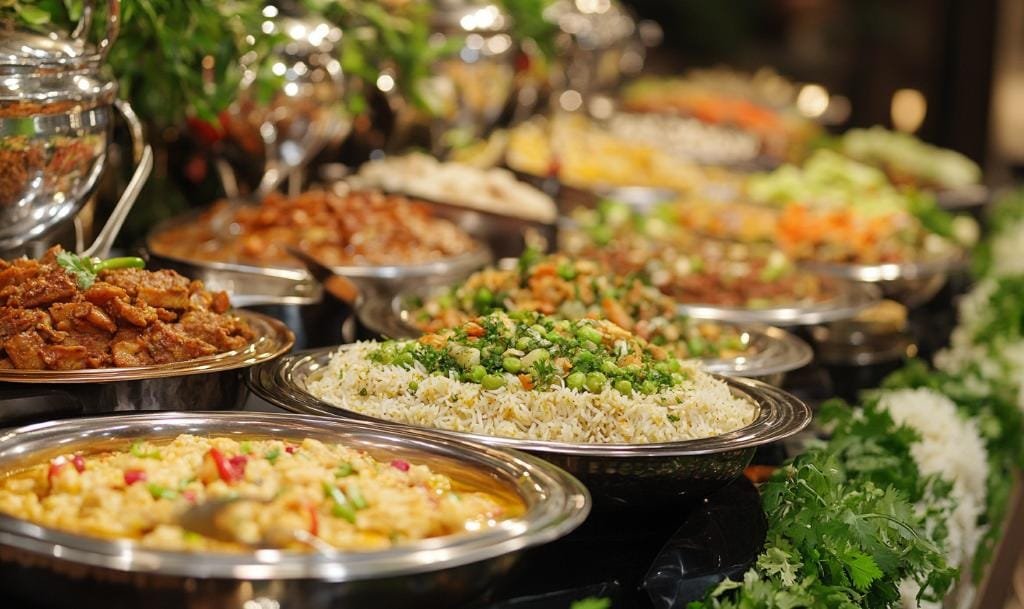
Professional party catering services demonstrate expertise in creating exceptional dining experiences within various budget parameters, while maintaining quality standards that reflect positively on hosts and celebration occasions. This value creation requires strategic ingredient selection, preparation efficiency, and service optimisation that maximises impact while controlling costs.
Seasonal ingredient selection often provides opportunities for cost savings while improving flavour quality, as peak-season produce typically offers superior taste characteristics at lower prices than out-of-season alternatives. Professional caterers leverage these seasonal opportunities while maintaining menu authenticity and guest appeal.
Strategic protein selection can significantly impact overall catering costs while maintaining satisfying dining experiences. Accomplished caterers understand how to balance premium protein options with cost-effective alternatives that provide varied selections while maintaining overall menu appeal and cultural authenticity.
Preparation efficiency through strategic menu planning enables caterers to offer competitive pricing while maintaining quality standards. Dishes that share common preparation techniques or ingredients can reduce kitchen complexity while providing guests with varied options that maintain celebration atmosphere and cultural significance.
Finding Premier Party Catering Near Me
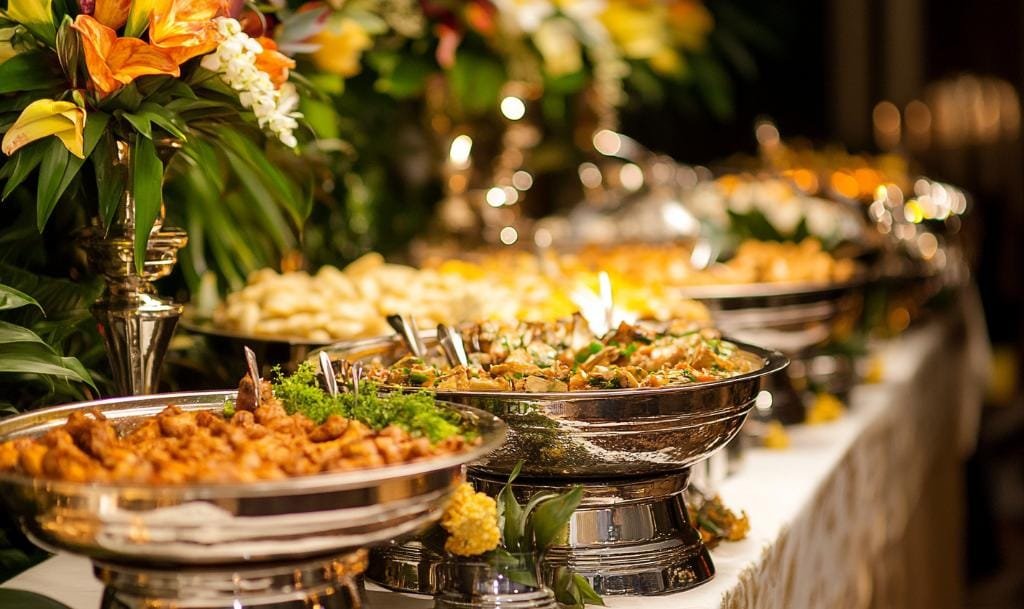
Locating exceptional party catering services requires a systematic evaluation of potential providers’ cultural expertise, service capabilities, quality standards, and logistical competencies, while considering practical factors like location convenience, pricing transparency, and communication effectiveness. Many couples begin their search with queries like “wedding catering near me” to identify local providers who can offer the cultural expertise and logistical convenience necessary for successful celebrations. Successful event hosts develop structured approaches to caterer selection that ensure celebration success while minimising planning stress.
Research and Evaluation Methodologies
Thorough caterer research begins with identifying providers who demonstrate genuine expertise in relevant cultural traditions rather than those who simply claim multicultural capabilities without substantive experience. When searching for “wedding catering near me,” discerning couples should focus on providers who maintain authentic relationships within cultural communities rather than simply appearing in local search results. This evaluation requires examining previous work examples, client testimonials from similar cultural backgrounds, and evidence of ongoing cultural education and ingredient sourcing relationships.
Professional caterers serving cultural communities maintain portfolios that showcase authentic dish presentations, appropriate cultural decorative elements, and evidence of successful large-scale event execution. These portfolios should demonstrate consistency in presentation quality and cultural authenticity across multiple events rather than isolated impressive examples.
Direct communication with potential caterers provides opportunities to assess their cultural knowledge, communication effectiveness, and flexibility in accommodating specific requirements. The finest party catering near me options demonstrate immediate understanding of cultural traditions without requiring extensive explanation, while showing genuine enthusiasm for creating authentic experiences.
Reference checking through previous clients from similar cultural backgrounds provides valuable insights into caterers’ actual performance standards, problem-solving capabilities, and cultural sensitivity in practice. These conversations often reveal important details about service quality, timing reliability, and responsiveness to last-minute requirements that formal presentations might not address.
Local Market Understanding and Community Connections
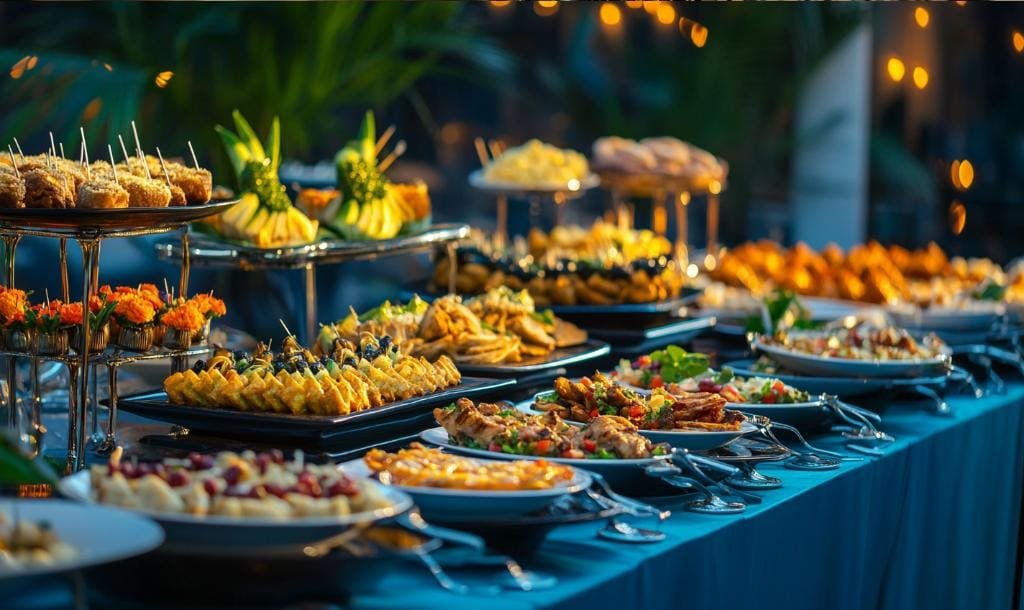
Exceptional local caterers demonstrate deep integration within cultural communities they serve, maintaining relationships with speciality suppliers, cultural organisations, and community leaders that enable authentic ingredient sourcing and cultural guidance. These community connections often translate into superior authenticity and cultural appropriateness in final presentations.
Established caterers serving London’s diaspora communities often participate in cultural festivals, religious celebrations, and community events that provide ongoing exposure to traditional expectations and evolving preferences within specific populations. This community engagement ensures current understanding of cultural trends and maintains authenticity standards.
Local supplier relationships enable caterers to source premium ingredients while supporting community economic networks. The finest party catering services maintain partnerships with ethnic grocers, speciality spice suppliers, and traditional ingredient providers that ensure authentic flavour development while contributing to community economic health.
Geographic convenience becomes particularly important for large celebrations requiring multiple delivery coordination, setup timing, and potential last-minute support. Local caterers provide advantages in responsiveness and logistical efficiency that can significantly impact celebration success, particularly for complex cultural events with specific timing requirements.
Service Verification and Quality Assurance
Professional caterer evaluation requires verification of licensing, insurance coverage, food safety certifications, and other regulatory compliance that protects hosts from liability while ensuring guest safety. These foundational requirements must be confirmed before proceeding with detailed service discussions or contract negotiations.
Kitchen facility inspections, when possible, provide insights into preparation capabilities, sanitation standards, and equipment quality that support service promises. Professional catering operations maintain clean, well-organised facilities with appropriate equipment for handling large-scale food preparation while maintaining cultural authenticity requirements.
Service testing through smaller events or tastings enables hosts to evaluate actual quality standards, presentation capabilities, and service coordination before committing to major celebrations. Many professional caterers offer tasting opportunities that showcase their capabilities while demonstrating cultural authenticity and presentation standards.
Contract clarity becomes essential for complex cultural celebrations that might involve specific timing requirements, dietary accommodations, cultural protocols, and service expectations that extend beyond typical catering arrangements. Professional caterers provide comprehensive contracts that address these requirements while maintaining reasonable pricing and clear service boundaries.
The journey towards exceptional celebration catering begins with understanding that food service extends far beyond mere sustenance to encompass cultural expression, social connection, and memorable experience creation. For London’s diverse communities seeking to honour heritage while embracing contemporary celebration standards, professional catering services provide the expertise, cultural sensitivity, and logistical capabilities necessary to transform significant occasions into lasting memories that bridge ancestral traditions with present-day joy.
Frequently Asked Questions
What are the three most important considerations in selecting a caterer?
Cultural expertise stands as the primary consideration when selecting wedding catering services for diaspora celebrations. The caterer must demonstrate authentic knowledge of your specific traditions, whether preparing traditional South Asian curries, Nigerian jollof rice, or kosher Jewish dishes. Their ability to maintain religious dietary laws and cultural authenticity directly impacts your celebration’s success.
Secondly, assess their capacity to handle your guest count while maintaining quality standards throughout service. Finally, ensure they offer comprehensive party catering services that extend beyond food preparation to include cultural ceremony coordination, appropriate serving protocols, and an understanding of traditional celebration timelines that honour your heritage.
How to choose a menu for a wedding?
Begin your wedding menu selection by identifying dishes that hold cultural significance for both families, particularly when blending different traditions. Consider creating progressive dining experiences that honour ceremonial requirements, such as vegetarian options for Hindu celebrations or halal preparations for Muslim weddings. Incorporate family recipes or regional specialities that tell your cultural story.
Balance traditional authenticity with guest accessibility by including familiar options alongside cultural dishes. Wedding menu ideas should accommodate dietary restrictions while maintaining flavour integrity. Consider seasonal availability of authentic ingredients and discuss with your caterer how traditional cooking methods can be adapted for large-scale preparation without compromising taste or cultural significance.
What is a wedding tasting menu?
A wedding tasting menu represents a curated selection of proposed dishes that allows couples to experience their potential wedding menu before finalising catering decisions. For cultural celebrations, these tastings typically showcase authentic preparations of traditional dishes alongside contemporary interpretations, ensuring couples understand how their heritage cuisine will be presented to guests.
Professional wedding catering services use tasting menus to demonstrate their cultural expertise and ingredient quality. These sessions allow couples to assess spice levels, discuss modifications for dietary restrictions, and understand portion sizes. The tasting provides an opportunity to refine wedding menu ideas, ensuring the final selection reflects cultural authenticity while meeting contemporary presentation standards expected by diverse guest lists.
What’s the best food to serve at a party?
The finest party food catering selections depend entirely on your celebration’s cultural context and guest demographics. For South Asian gatherings, consider crowd-pleasing dishes like biryani, butter chicken, and vegetarian options such as dal and paneer preparations. Nigerian celebrations might feature jollof rice, suya, and traditional stews that accommodate both familiar and adventurous palates.
Successful party catering balances authentic cultural flavours with accessible options for diverse guests. Include interactive elements like live cooking stations or build-your-own components that engage attendees while showcasing cultural traditions. Consider dietary accommodations without compromising flavour, ensuring vegetarian, vegan, and religiously compliant options maintain the same quality and presentation standards as traditional preparations.
How much does it cost to cater a party for 50 in the UK?
Party catering costs for 50 guests typically range from £25-£80 per person, depending on menu complexity and service level. Basic party food catering featuring standard buffet options starts around £1,250, while elaborate cultural celebrations with multiple courses, traditional preparations, and full service can reach £4,000 or more.
Cultural wedding catering commands premium pricing due to authentic ingredient sourcing, specialised cooking techniques, and extended preparation times required for traditional dishes. Additional costs include cultural ceremony coordination, specialised serving equipment, and extended service periods common in diaspora celebrations. Request detailed quotations that itemise food costs, service charges, and any additional cultural requirements to ensure transparent pricing for your specific celebration needs.
